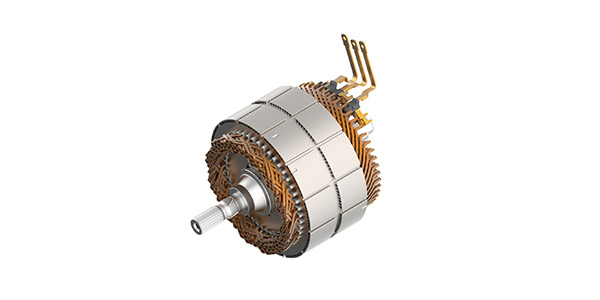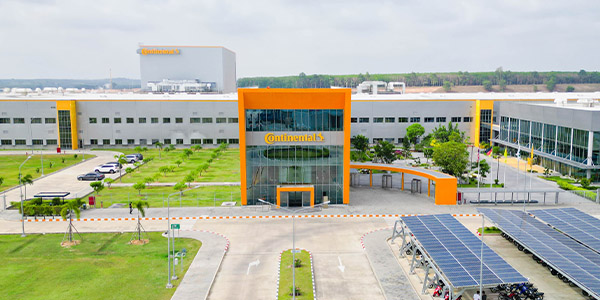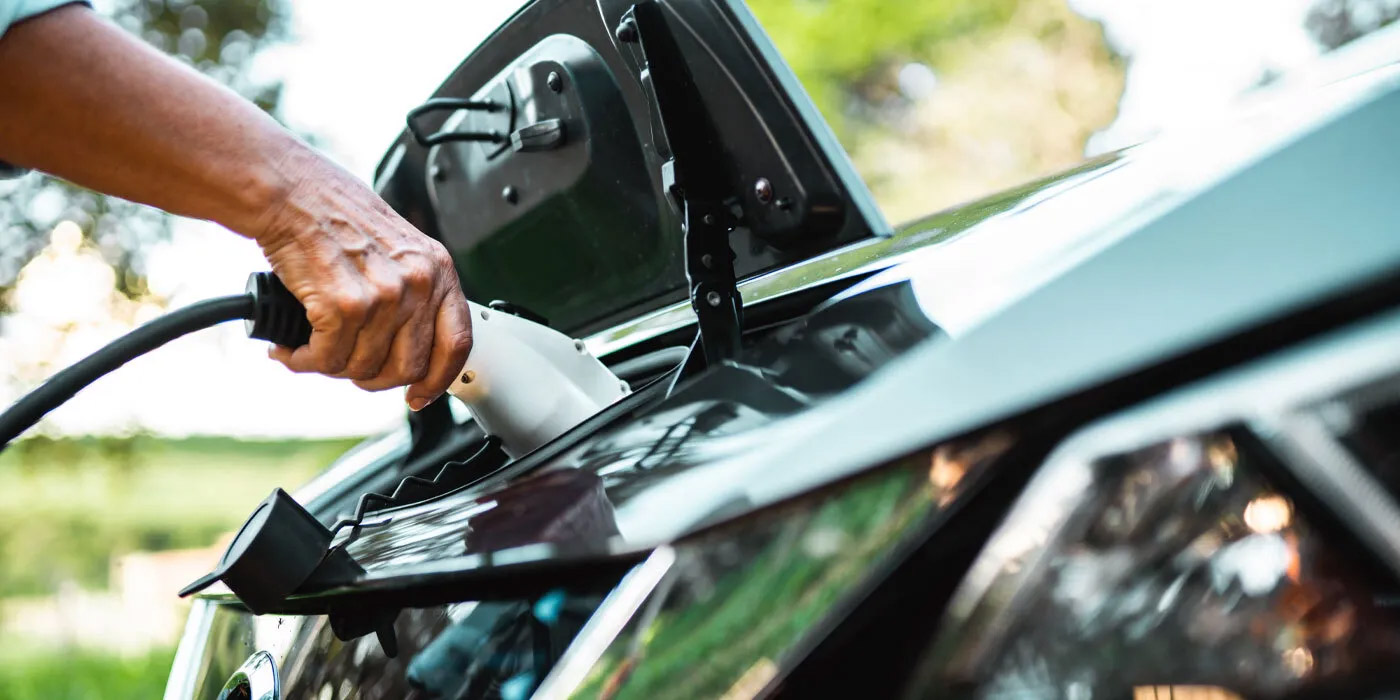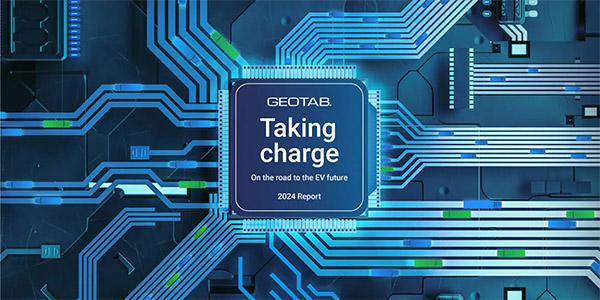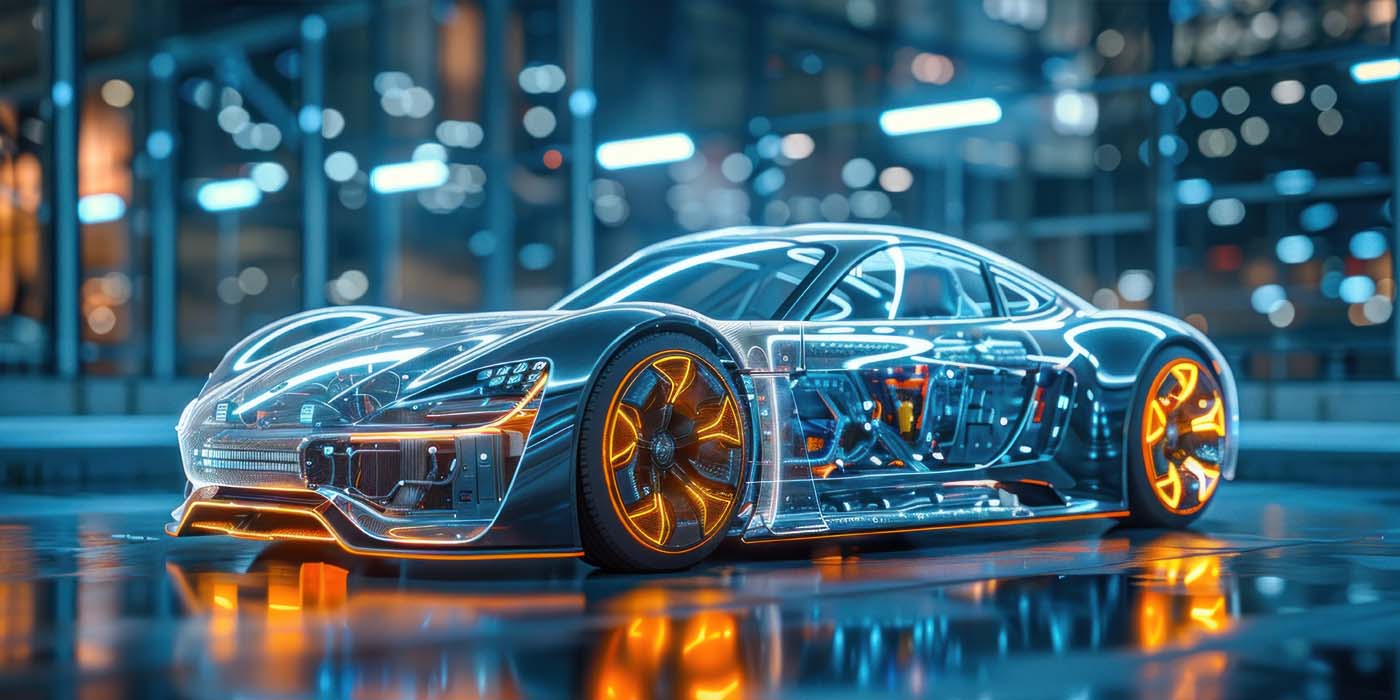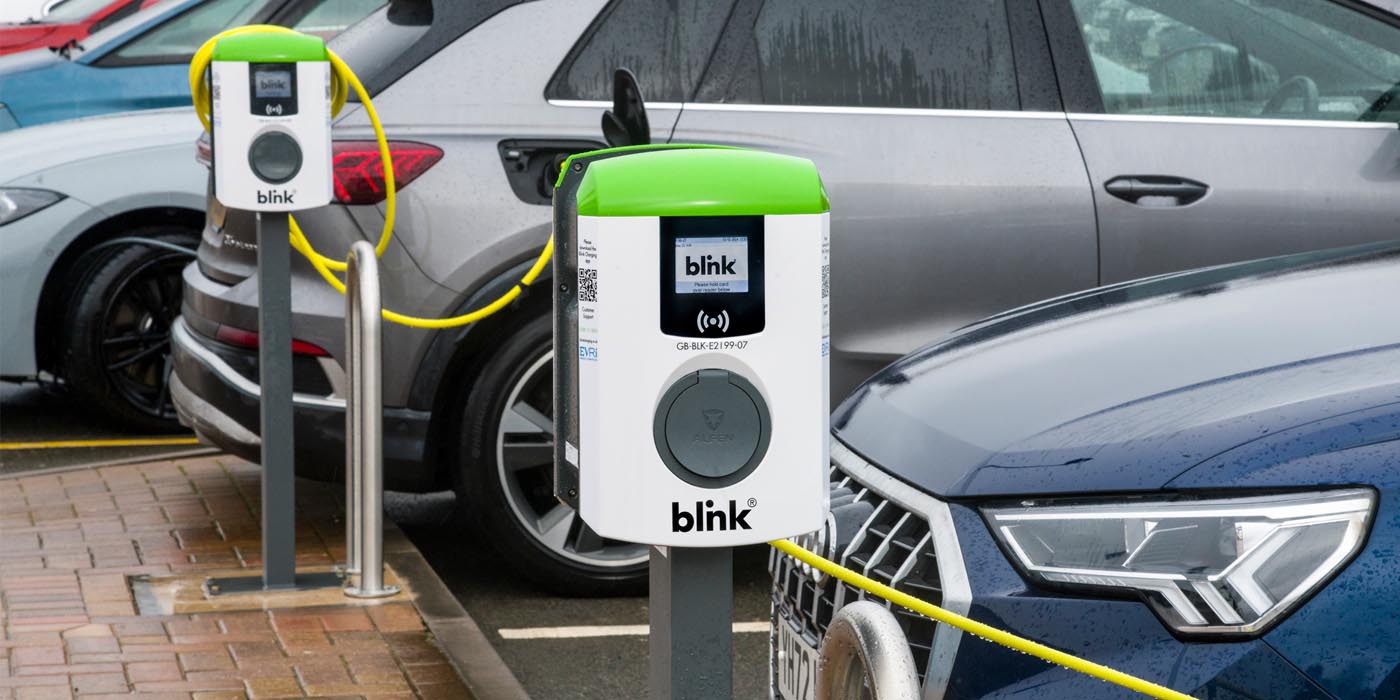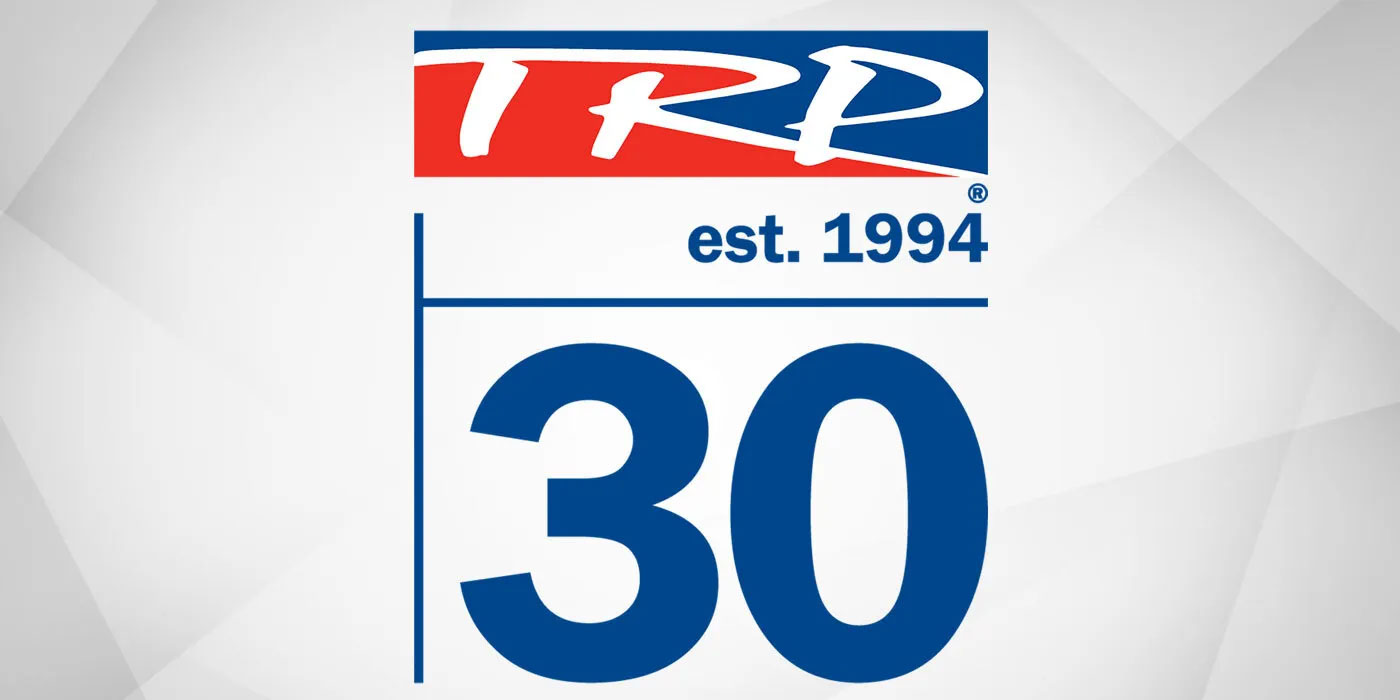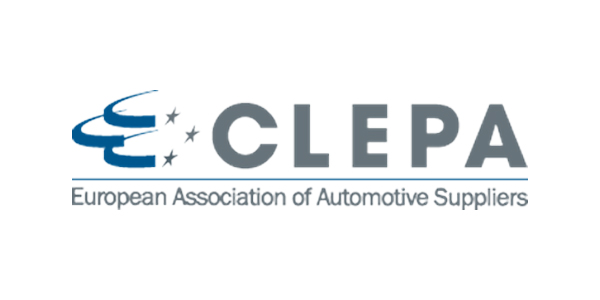
The European automotive supply industry is calling on the new European Commission to establish a Digital Single Market for Mobility to unleash the potential of connected mobility and automated driving as well as support reaching environmental targets included in the European Green Deal. This should go hand-in-hand with a European masterplan for the mobility industry to harness the potential of technology, strengthen European competitiveness, address key infrastructure needs (both in the fields of energy and digital communication) and ensure safe, sustainable and smart mobility as a cornerstone of society.
“The urgency to deliver is extremely high,” said Roberto Vavassori, CLEPA president and member of the management board of Brembo, the Italian braking systems specialist. “As citizens, we expect innovative solutions to transition toward a sustainable economy, to embed digital opportunities in our daily lives in a safe and secure manner, as well as for Europe to remain competitive worldwide. As businesses, we contribute our world-leading industrial competence and our ability to provide solutions.”
The automotive industry is undergoing its biggest transformation in more than 100 years, according to CLEPA, with mobility becoming increasingly electric, connected, automated and shared. European automotive suppliers account for 40% of global revenue in the sector and are a major pillar under the European economy.
“We urge the European legislators to build on Europe’s strengths — the single market, the continent’s advanced technology competence and its high value-add industrial base — and to provide the supportive regulatory framework needed to master the monumental tasks unfolding,” said Vavassori. “We have to be world leader in environmental and digital technology, we want to offer the best range of options for people and businesses to move around, and we need the conditions to let companies manufacture and employ in Europe.”
The supplier industry, represented by CLEPA and comprised of multinational companies such as Bosch, Faurecia, Valeo and ZF as well as thousands of mid-sized and small enterprises across the EU, presented their vision on the future of mobility and industry recently in Brussels, with a landmark event titled “Future As We Move – Shaping Solutions For Mobility.” The event allowed representatives to entering into active dialogue with leading European politicians including Peter Altmaier, minister of Economic Affairs and Energy of Germany, Bruno Le Maire, minister of Economy and Finance of France, and Nicolas Schmit, European commissioner for Jobs and Social Rights.
For Europe to secure strategic autonomy in the field of “new mobility,” which is safe, sustainable and smart, and to compete effectively with other world regions, there are high levels of investments needed in renewable energy, energy infrastructure, secure and fast connectivity as well as in critical technologies, innovation and skills, says CLEPA.
Connected mobility and automated driving can greatly benefit society by increasing safety, reducing congestion and pollution, facilitating electrification and wider resource efficiency, and by enabling data-fueled mobility and transport services that support modern society. European automotive suppliers are strongly present in this fast-developing field and lead globally in patent applications.
Digitalization of mobility also requires the appropriate regulatory framework to bring safe vehicles on the market and define solutions for liability, ethical standards, cybersecurity and fair competition for data-based services in and around the vehicle and other mobility devices. Remaining barriers in the single market should be removed.
“We do have an internal market for automotive products but not for automated driving or for electromobility,” said Vavassori. “Yet, success or failure depends on market acceptance, which in turn relies on a supportive and harmonized European playing field. Specifically, with regard to electrification, this boils down to the availability of renewable energy, of charging points and smart charging, of financial and practical incentives and easiness of use. Ambitious vehicle targets have been set; industry is delivering the technologies. Now, charging infrastructure on the required scale as well as the distribution and generation of renewable energy and measures to encourage consumer acceptance are indispensable.”
Automotive suppliers also strongly stress the value of a technology neutral regulatory environment to maintain Europe’s competitiveness worldwide. To reach the goal of a climate-neutral Europe, CLEPA therefore advocates a policy approach based on life-cycle assessment beyond 2030, to ensure technology solutions can compete on an equal basis by taking into account their sustainability over the life cycle, as well as their contribution to security of supply, system stability and flexibility. Suppliers also see a strong role for hydrogen and derived fuels and gases.
A functioning, reliable and innovation-friendly legal framework across European borders will be essential too in light of global competition and tendencies to depart from open and rules-based access to global markets.




